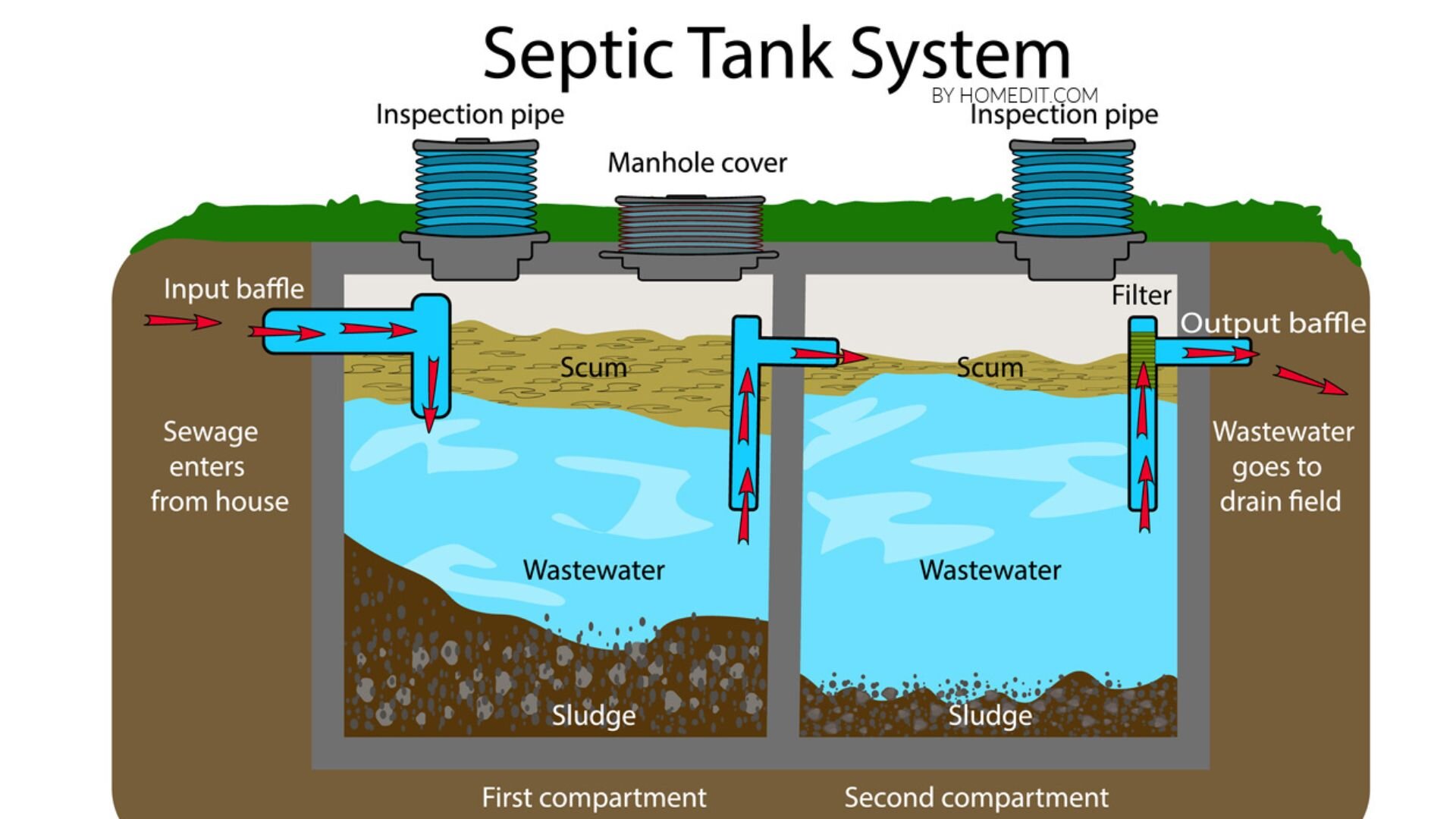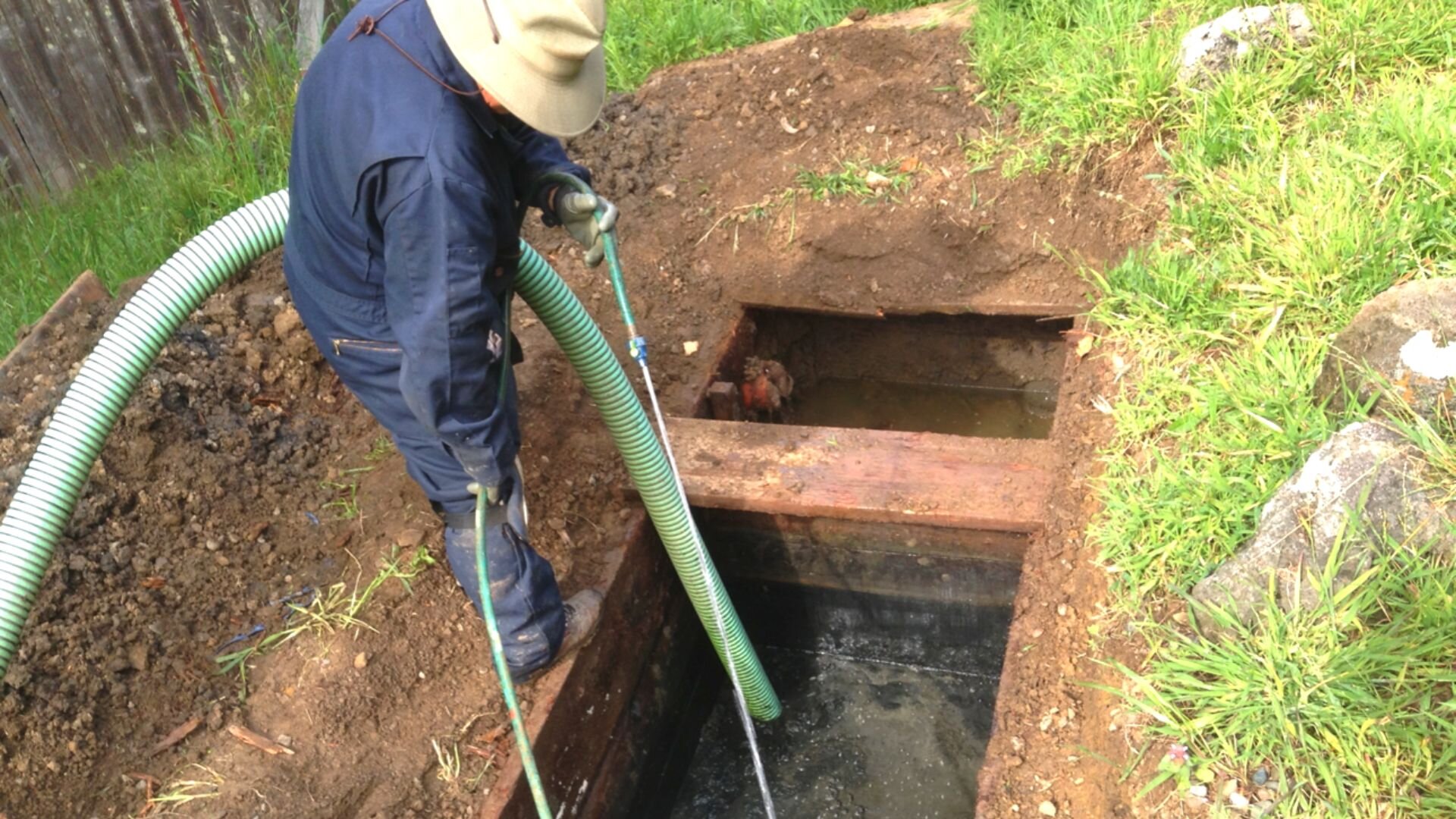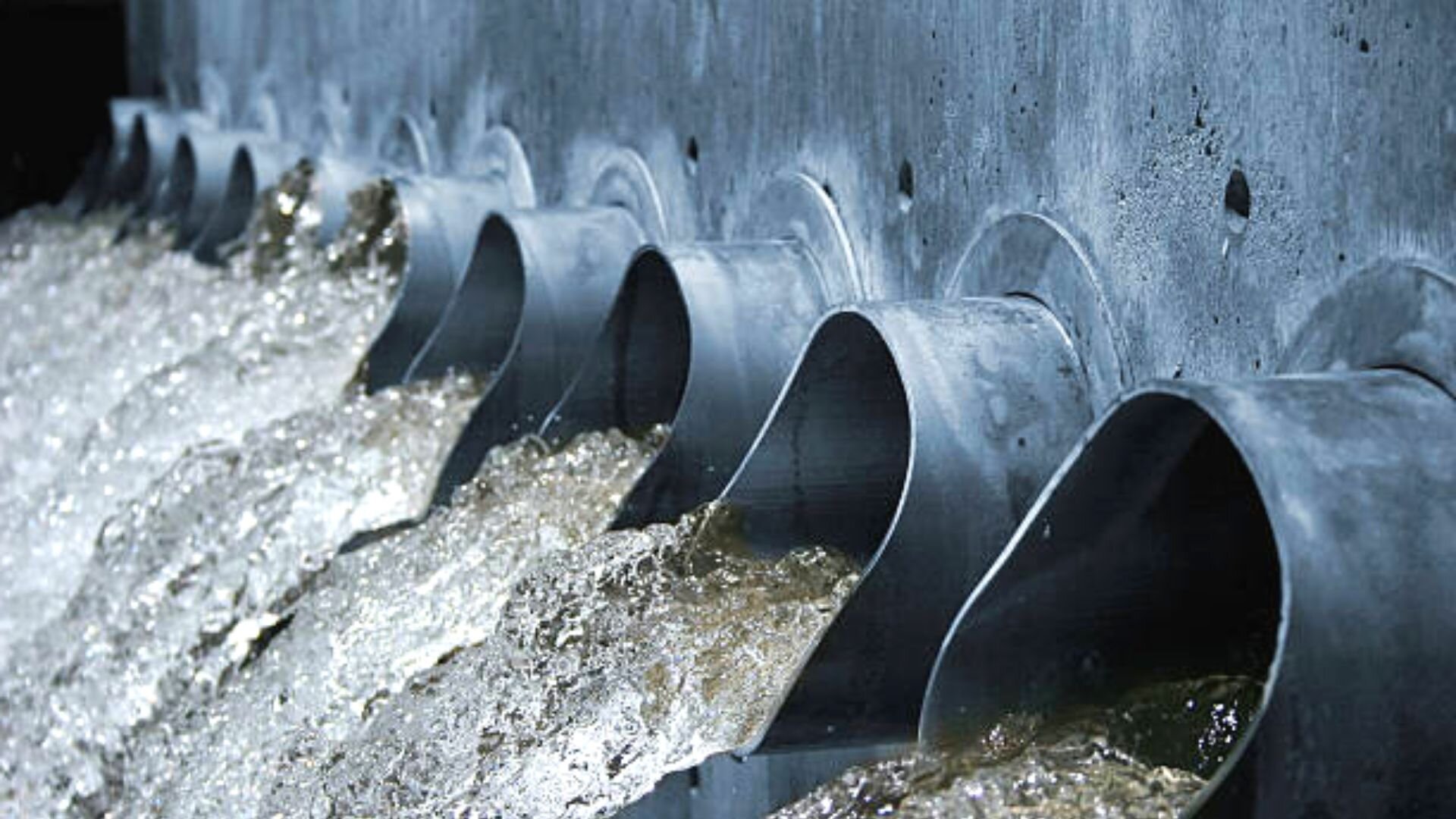Households usually depend on septic tanks to treat wastewater or liquid wastes naturally.
Cleaning a malfunctioning septic tank isn’t easy, and you’ll need to keep a few things in mind to keep it running smoothly. Neglecting this can lead to costly replacements, which can be quite a hassle.
Instead, consider regular septic system maintenance from a service provider. Doing so will save you money, keep your household fixtures in shape, and ensure your home is healthy for your loved ones. Otherwise, you might face the unpleasant smell of wastewater, and sludge levels could rise in your tank.
But apart from the obvious, such as not pouring grease down your sink, this guide will take you through how to keep your septic tank system in the best condition. Let’s take a look at these helpful septic system tips.
All Purpose Septic Tanks/ Household Sewage Treatment Plants
Most modern houses in Australia have combined septic and sullage systems to ensure they can most effectively treat human waste and wastewater. Together, they are often referred to as all-purpose septic tanks. So, before we move on to how to best maintain septic tanks, let us first explain what septic and sullage systems are, how a septic system works, and how the wastewater treatment process goes.

Septic Systems
Septic tanks have been used for centuries and are very effective in breaking down human waste into a liquid form known as effluent. To ensure proper functioning, regular septic tank inspection is crucial. During an inspection, professionals check sludge levels, which, if too high, can wreak havoc on the system.
Once the human waste is broken down through a biological process, the liquid leaves the tank and gets transferred to a leach field. In this field, the effluent gets absorbed in the soil and eventually acts as an excellent fertilizer for plants. They benefit significantly from this waste; the wind helps the wastewater evaporate quickly. However, certain items like feminine products should never be flushed as they can cause blockages.
If your tank lacks an effluent filter, consider getting one installed the next time you have the septic tank pumped.
Sullage System
People use a sullage system to dispose of waste generated in their kitchens, showers and laundries through a grease trap.
As the name suggests, the grease trap prevents grease and greywater from entering the trenches. It is best to install one close to the kitchen to easily trap the grease when it flows through the kitchen sink.
It’s wise to clean the traps every few months for optimal results. If you’re not familiar with plumbing, it’s best to get a plumber to handle it for you.
Things To Do To Take Care Of Your Septic Tank

1. Make Sure You Pump The Septic Tank Regularly
To ensure that your septic tank system at home delivers top-notch performance, you must get your septic tank pumped every two to five years. There is no correct answer to how often you should do it. It depends on a range of things, like the tank size, the number of people in your household, and most importantly, the kind of household waste being treated. More frequent pumping ensures no sludge layer and keeps your system in good condition.
For example, if you have a garbage disposal system at home connected to a municipal wastewater system, a lot of solid waste ends up in your septic tank. This simply means you will have to pump your tank more often.
2. Look For Leaks
If you take a walk around the individual septic system in your house and spot areas filled with lush green grass, there’s a high chance of a leak. In such instances, plants can draw a significant amount of nutrition from wastewater. Another way to identify a leak is through the foul smell it emanates.
But we have noticed that it gets challenging for homeowners to identify leaks as most houses’ septic tanks are buried underground. So, we suggest that while you hire a professional to pump the septic tank, ask them also to conduct leak inspections to ensure there are none.
3. Other Ways To Maintain Septic Tanks
As mentioned, the average household septic system uses strong and beneficial bacteria to break down liquid waste. That’s why when you pour a strong chemical solution or household chemicals down the drain, there’s a good chance that the bacteria get killed and disrupt the proper functioning of the septic tank. To avoid this problem, we suggest you stay cautious, use only suitable drain cleaners at home, and maintain your sewage system correctly.
Also, we recommend that you regularly check the depths of scum and solids. When they collect over time, they often occupy a lot of space. In that case, it gets difficult for the wastewater to settle. As a result, you will find a lot of solid particles flowing into the trenches and clogging them.
Keep an eye on the trenches to ensure they’re not near overflowing. Plus, it’s important to clear any blockages in your outdoor drains.

Tips To Remember
Your septic tank and sump pumps should only ever have human solid waste through the system to ensure the wastewater flows properly. Along with pouring grease down the drain, here are some of the things that could clog your system, so you should never dispose of in your septic tank or municipal sewer system:
- Excessive amounts of toilet paper
- Coffee grounds
- Paper towels
- Facial tissue
- Cat litter
- Food waste
- Cooking oil
- Baby wipes
- Motor oil
You must ensure you dispose of these items correctly in the trash can and make sure they don’t clog your septic tank. We recommend hiring service professionals to inspect your tank regularly. Also, keep an eye on your septic water usage since tanks have limited capacity and up-to-date maintenance records.
Also, remember that planting trees, shrubs, or vegetable gardens on the drain field is not recommended. Tree roots can ensnarl and damage drain field pipes. Consider utilising plants with shallow root systems.
Maintain Your Septic Tank System Properly; call A Plumbing Expert
You must have now understood how to keep your septic tank in the best condition. There’s no doubt that tanks must be cleaned and pumped often to maintain them in tip-top shape. However, the frequency depends on a few factors like your tank’s location, capacity and the volume of waste it treats.
Most importantly, ensure you keep up with septic tank maintenance by a trained professional to keep your septic system healthy.
If you have a big family and a small septic tank, regular cleaning is necessary to remove sludge and avoid costly replacements. For thorough cleaning, contact a professional plumber soon. Reach out to us! We’re your Sydney septic service specialists for blocked drains, hot water systems installation, septic tank maintenance, and more. Maintain your plumbing well with our services and say goodbye to expensive repairs!
Until next time, take care!














